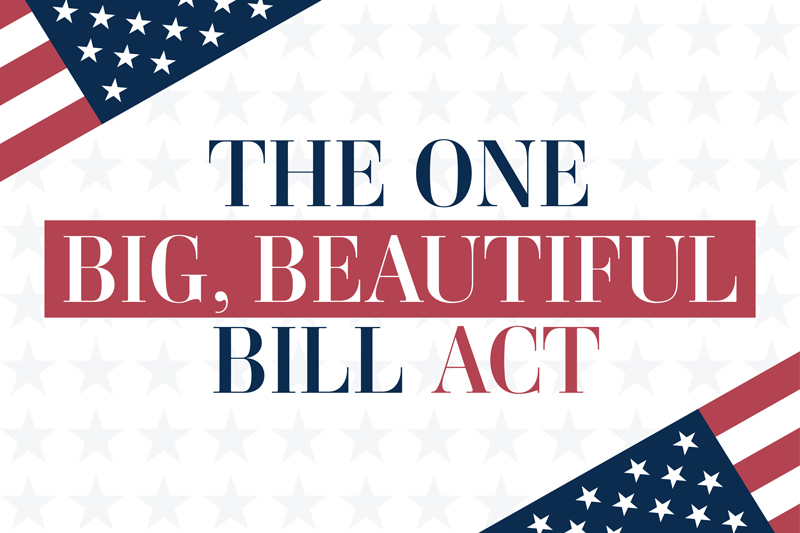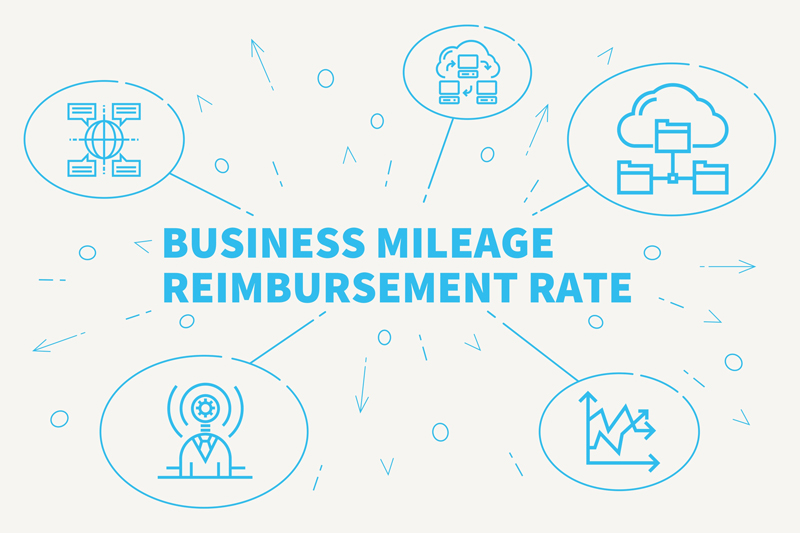Adverting your business through text communications is an effective, inexpensive, and easy way to market your business. However, there are specific laws and federal regulations dealing with “text blasts” that you need to follow.
Text blasts, technically called Short Message Services (“SMS”) for text only and Multimedia Messaging Services (“MMS”) for text with multimedia components, that are sent for marketing purposes are generally subject to the Telephone Consumer Protection Act. (TCPA) and other regulations. Failure to comply with the laws and regulations may subject you to fines of $500 to $1,500 per text per occurrence. The TCPA provisions deal primarily with SMS/MMS text sent with the intent to sell/market a product or service as opposed to “informational text” when those texts are needed to provide certain services to a customer. Examples of Informational texts include texts that remind customers/clients of upcoming appointments or notice that an ordered product is available for pick up. However, the informational text cannot contain marketing or promotional content to fall into that safe harbor.
While technically, the TCPA applies to telephone calls sent through random dialing systems, the law applies to promotional SMS/MMS that are not randomly sent. To comply with the TCPA, you must obtain “express written consent” before sending promotional SMS/MMS. This is typically accomplished by having the proposed text message recipient “opt-in” to receive the promotional material. Opt-in is getting permission from the recipient to send the marketing text. Potential recipients must know what they are signing up for (e.g., topical updates, sales events, coupons, etc.) and how many texts they can expect if it is for reoccurring texts. Opting in can be accomplished in many ways, but it is important to keep evidence that your recipients have opted in.
In the opt-in process, you must advise the potential recipient that they will receive marketing texts, and their consent to receive the marketing text messages is not a condition for purchase. Once you have permission, you must make certain disclosures, including your business name, the purpose of the text, frequency, a rate notice, and an opt-out such as “reply Stop to discontinuing receiving texts.” You must also have a link to your privacy policy and applicable terms and conditions. Also, you can only send marketing texts between 8:00 a.m. and 9:00 p.m.
Text blasts are an effective marketing tool if you follow SMS legal requirements from the first text and continue implementing them after customers have legally opted into your messages. For more information, contact Jerry McDonald at GMcDonald@pselaw.com or call 937.223.1130.













